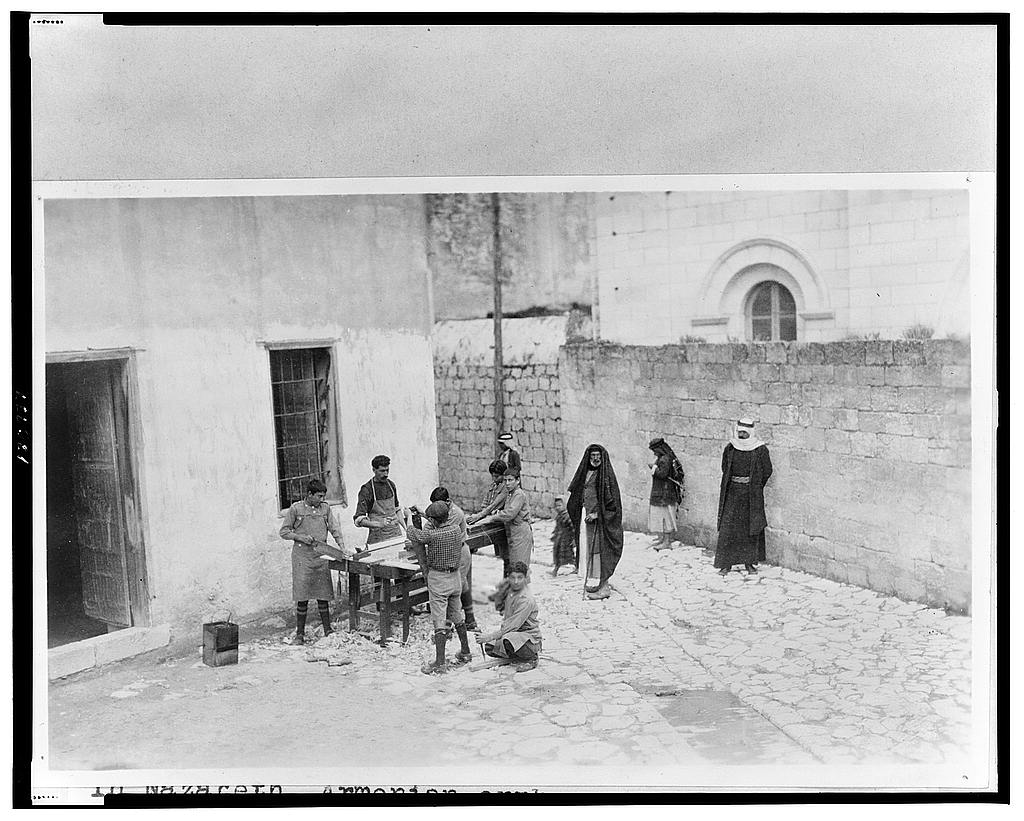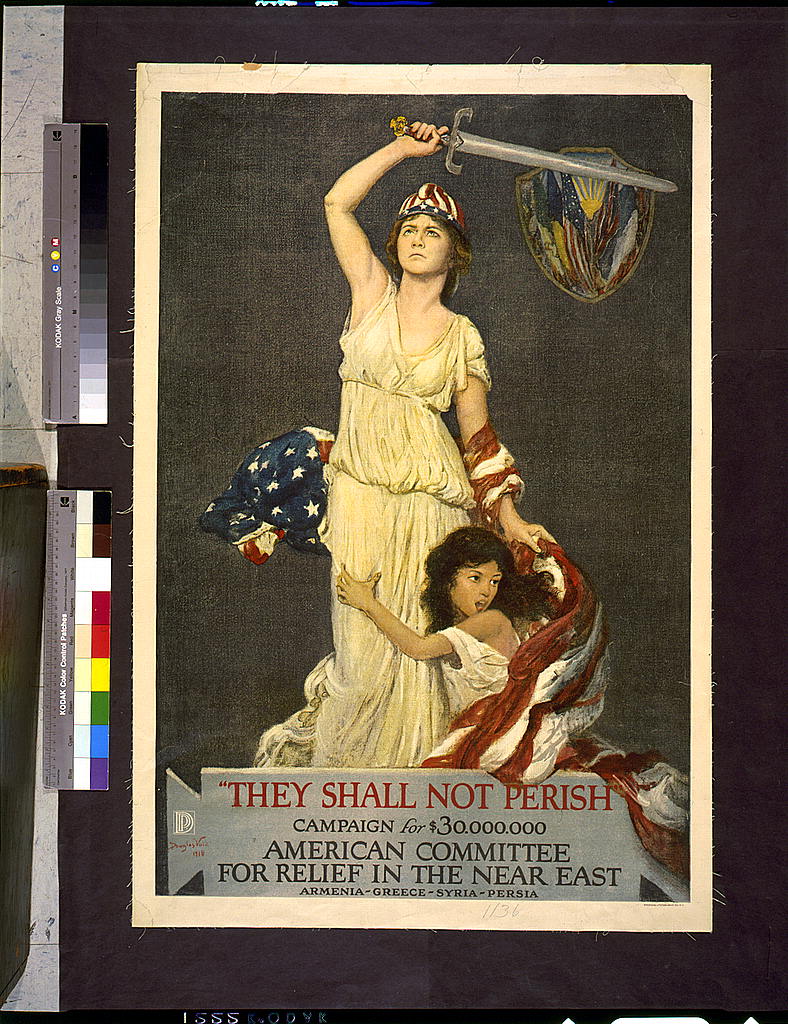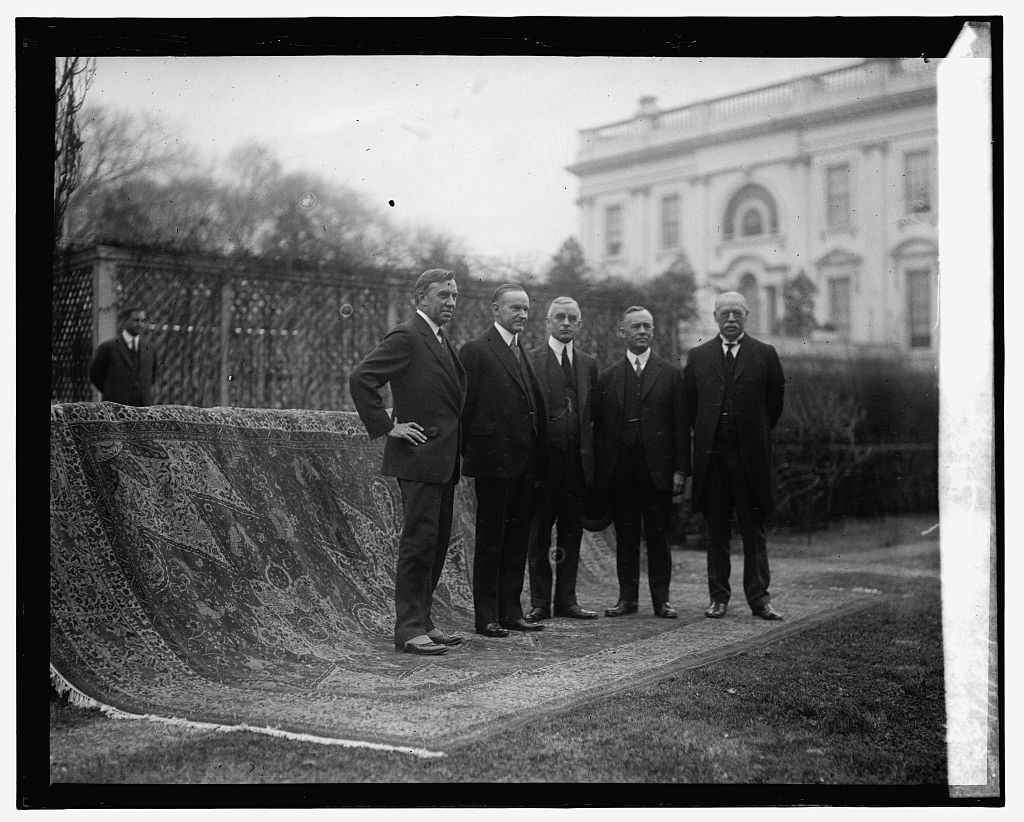[soundcloud url=”https://api.soundcloud.com/tracks/258129314″ params=”color=ff5500″ width=”100%” height=”166″ iframe=”true” /]
CREDITS
Episode No. 238
Release Date: 8 April 2016
Recording Location: Middle East Studies Association 2016 Meeting in Denver, CO
Editing and production by Chris Gratien
Sound excerpts: Harmandali – Recep Efendi, Cemal Efendi; Istanbul’dan Ayva Gelir Nar Gelir – Azize Tozem and Sari Recep; Egil Daglar Ustunden Asam – Viktoriya Hanim; Murat Kenarinda – Agyazar Efendi
Images via Library of Congress
IMAGES
Hosted on US Library of Congress website. Many more available at loc.gov.

Near East Relief, “Armenian orphan wards of Near East Relief doing carpentry in courtyard of chapel in Nazareth, Palestine”
ca. 1915-16 (LOC)
SELECT BIBLIOGRAPHY
Ekmekçioğlu, Lerna. Recovering Armenia: The Limits of Belonging in Post-Genocide Turkey. 2016.
Hovannisian, Richard G., and Simon Payaslian. Armenian Cilicia. 2008.
Kieser, Hans-Lukas. Nearest East American Millennialism and Mission to the Middle East. Philadelphia: Temple University Press, 2010.
Klose, Fabian. The Emergence of Humanitarian Intervention: Ideas and Practice from the Nineteenth Century to the Present. 2016.
Pedersen, Susan. The Guardians: The League of Nations and the Crisis of Empire. 2015.
Rodogno, Davide. Against Massacre Humanitarian Interventions in the Ottoman Empire, 1815-1914 : the Emergence of a European Concept and International Practice. Princeton, NJ: Princeton University Press, 2012.
Simms, Brendan, and D. J. B. Trim. Humanitarian Intervention: A History. Cambridge: Cambridge University Press, 2011.
Singer, Amy. Charity in Islamic Societies. Cambridge: Cambridge University Press, 2008.
Tanielian, Melanie Schulze. “FEEDING THE CITY: THE BEIRUT MUNICIPALITY AND THE POLITICS OF FOOD DURING WORLD WAR I”. International Journal of Middle East Studies. 46, no. 04: 737-758.
Thompson, Elizabeth. Colonial Citizens: Republican Rights and Paternal Privilige in French Syria and Lebanon. New York: Columbia UP, 2000.
Tusan, Michelle Elizabeth. Smyrna’s Ashes: Humanitarianism, Genocide, and the Birth of the Middle East. 2012.
Üngör, Ugur Ümit. The Making of Modern Turkey: Nation and State in Eastern Anatolia, 1913-50. Oxford: Oxford University Press, 2011.
[Cross-posted from Ottoman History Podcast]



